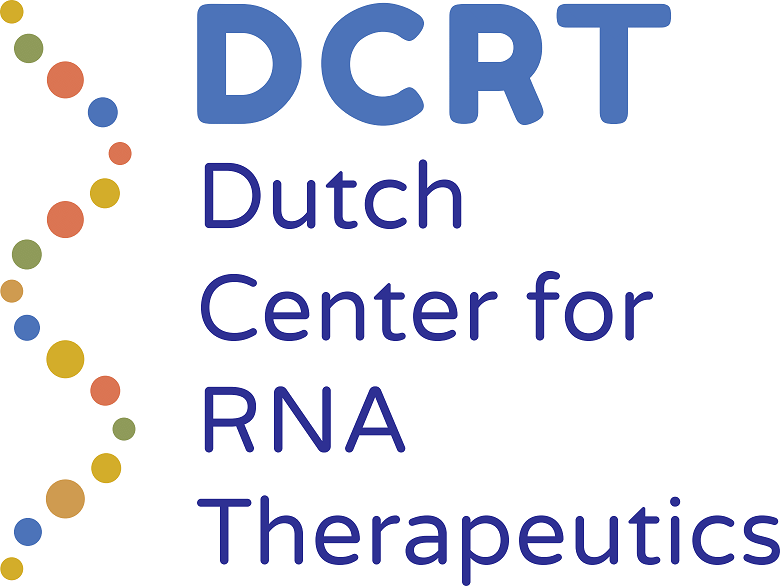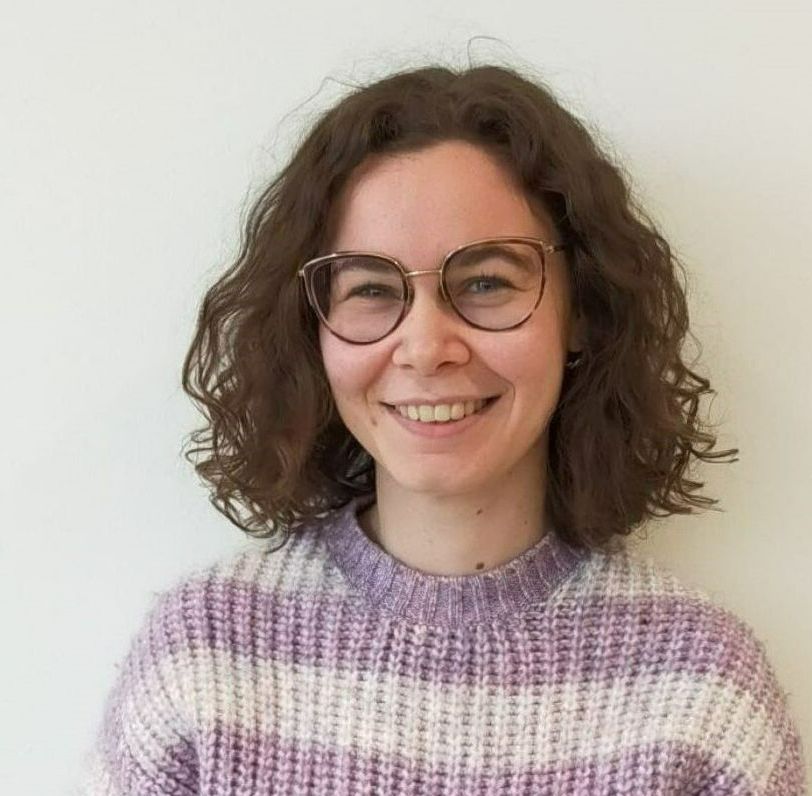About us
The Dutch Center for RNA Therapeutics is a non-profit consortium that consists of three university medical centers in The Netherlands: LUMC, Radboudumc and ErasmusMC. Each consortium member has its own expertise and area of focus: translational exon skipping therapy development, neurodegenerative diseases, inherited retinal diseases and neurodevelopmental disorders, respectively. DCRT focuses specifically on developing individualized therapy for eligible patients with an ultra-rare genetic disorder of the brain, the spinal cord or the eye.
DCRT Board of Directors

Annemieke Aartsma-Rus
Professor at Leiden University Medical Center
Prof. Dr. Annemieke Aartsma-Rus is a professor of Translational Genetics at the Department of Human Genetics of the Leiden University Medical Center. Dr Aartsma-Rus obtained her PhD in 2005 with the thesis ‘Developing antisense-mediated exon skipping therapy for Duchenne muscular dystrophy; making sense out of nonsense’. After her graduation she continued the work on exon skipping therapy development at the Leiden University Medical center, coordinating preclinical studies for Duchenne muscular dystrophy and collaborating with Prosensa/GSK/Biomarin for the clinical development of this approach. Based on the IP generated by LUMC, currently 2 Duchenne exon skipping drugs are approved in the USA. She also established collaborations with researchers around the world to initiate exon skipping studies for other diseases. For this effort she has generated guidelines for design of exon skipping antisense oligonucleotides. In addition, she has played a coordinating role in educating stakeholders in the Duchenne field (clinicians, patients and parents, and representatives from regulatory agencies and industries) and patient education for rare diseases (collaboration with EURORDIS).
Prof. Dr. Aartsma-Rus has published over 200 peer reviewed manuscripts and received funding from amongst others the Duchenne Parent Project (Netherlands), Duchenne UK, Prinses Beatrix Spierfonds, ZonMw and the EU. She is president of the Oligonucleotide Therapeutics Society and was Chair of the TREAT-NMD Executive Committee (2013-2016, 2019-2020). She is a scientific advisory board member for Sarepta Therapeutics, Silence Therapeutics, ProQR and Genethon, but also of Duchenne charities such as Duchenne Parent Project, Little Steps, and Duchenne UK.
In 2011 she received the Duchenne Award from the Duchenne Parent Project for her dedication to the Duchenne field. In 2020 she received the EURORDIS Black Pearl Science award for her efforts in patient education in the rare disease field.
Prof. Dr. Aartsma-Rus’s current research focuses on improving exon skipping for Duchenne muscular dystrophy and other diseases, optimizing model systems for muscular dystrophies, elucidating transcript processing of the dystrophin transcript, identifying biomarkers for muscular dystrophies and studying the effect of dystrophin in the brain.
https://www.linkedin.com/in/annemieke-aartsma-rus-34b4749/
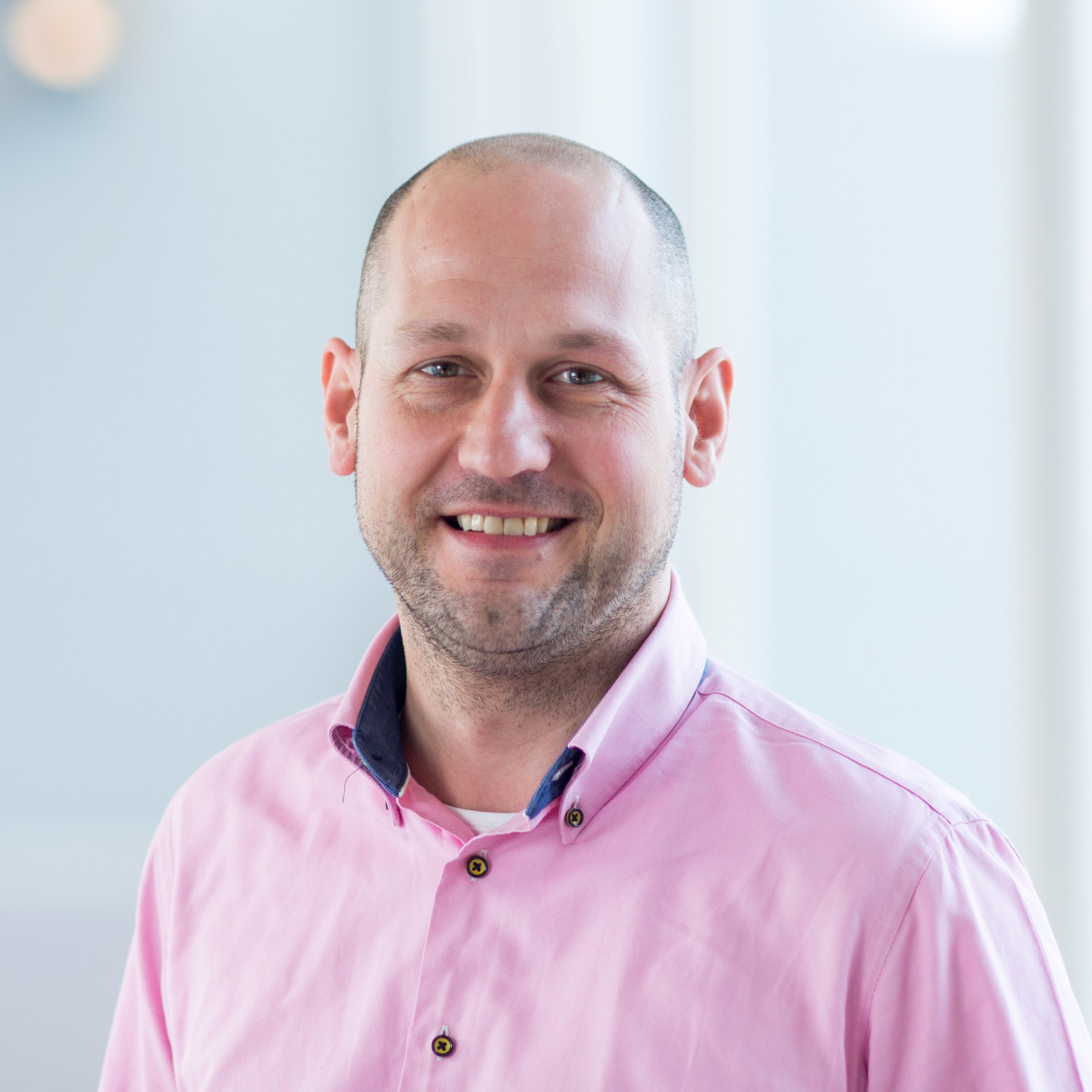
Rob Collin
Professor at Radboud University Medical Center
Rob Collin is Full Professor in Molecular Therapies for Inherited Retinal Diseases at the Department of Human Genetics and the Donders Institute for Brain, Cognition and Behaviour, in the Radboud University Medical Center, Nijmegen, The Netherlands. He heads a research team dedicated to find novel molecular therapies for inherited retinal diseases. Dr. Collin obtained his PhD degree in 2006 with the thesis entitled ‘Exploring the role of the amyloid-β precursor protein APP and its relative APLP2 in Xenopus intermediate pituitary’. After his graduation, he continued his academic career at the Radboud University Medical Center in the genetics of inherited sensory diseases, first of hereditary hearing impairment and later of inherited (vitreo)retinal diseases. Between 2006 and 2014, he was primarily involved in the identification of novel genes associated to these diseases, including LHFPL5, ESRRB and LRTOMT (hearing impairment), and EYS, IMPG2, C2orf71, TSPAN12, ZNF408 and MVK (visual impairment).
In 2009, he decided to switch gears and dedicate his career to develop novel molecular therapies to help visually impaired individuals. Supported by an Innovation grant (VENI) from the Netherlands Society for Scientific Research, he visited the lab of Prof. Jean Bennett at the Scheie Eye Institute in Philadelphia, a pioneer in gene therapy for retinal diseases. Back in the Netherlands, he continued to develop the first splicing therapy for a genetic subtype of congenital blindness, i.e. caused by a recurrent mutation in the CEP290 gene. Based on his work, and a collaboration with ProQR Therapeutics, a clinical trial to assess safety and efficacy of antisense oligonucleotides for the treatment of CEP290-associated LCA is ongoing, with positive interim results reported.
Dr. Collin has published over 120 peer-reviewed manuscripts, and received funding from several Dutch Blindness foundations, the Dutch Organisation for Scientific Research, the EU and the Foundation Fighting Blindness USA. In addition, he is a board member of the Dutch Society for Gene and Cell Therapy, the Scientific Advisory Board of the Foundation Fighting Blindness USA and that of the Bayer Ophthalmic Research Awards. Since January 1st 2020, he became Theme Leader of the Research Theme ‘Sensory Disorders’ within the Radboud university medical center, and as such involved in shaping the future directions of research within the institute. The current work of his research team is dedicated to understand the molecular mechanisms underlying different subtypes of inherited retinal dystrophy, and to directly apply that knowledge for the development of new treatment strategies for the many visually impaired individuals worldwide.
https://www.linkedin.com/in/rob-collin-5338551b/

Willeke van Roon-Mom
Professor at Leiden University Medical Center
Willeke van Roon-Mom (WvRM) is professor at the Human Genetics department of the LUMC and works on autosomal dominant neurodegenerative diseases that have aberrant protein aggregation as a pathological hallmark. Her work is highly translational in nature, working in close collaboration with clinical departments as well as biotechnology and pharmaceutical companies. This research has resulted in 3 published patents, some licensed to companies as well as industry sponsored research projects. Unique patient-driven fund raising initiatives contribute not only financial input, but also patient perspective to research programs in her group. Originally her main expertise was in Huntington’s disease, a brain disorder caused by a polyglutamine expansion in the huntingtin protein. However, her group is now also focusing on other polyglutamine disorders as well as a very rare disease caused by a mutation in the APP gene called HCHWA-D (Hereditary Cerebral Hemorrhage With Amyloidosis-Dutch type) also known as Katwijk’s disease. For all these disorders she studies the molecular disease mechanism, identify biomarkers and then use this knowledge to develop novel therapies.
The first clinical trial for an antisense-mediated therapy for patients with spinocerebellar ataxia type 1 is planned for the end of 2021. As co-director of the recently launched Dutch Center of RNA Therapeutics she hopes to develop treatments for patients with ultra-rare hereditary brain disorders. Using cell models, animal models and patient materials she applies and develops a wide range of molecular, genomics and biosemantics assays. She uses human induced pluripotent stem cells (iPSC) as a model system. This is such an important model system for brain research at the LUMC that she has set up an iPSC neurodifferentiation lab in the department that facilitates the use of these cells for other researchers, providing technical support and standardized protocols.
https://www.linkedin.com/in/willekevanroonmom/

Ype Elgersma
Professor at Erasmus MC
Ype Elgersma is a professor of Molecular Neuroscience at Erasmus MC, director of the ENCORE expertise center for neurodevelopmental disorders and Chair of Research and Education at the department of Clinical Genetics. The research of the Elgersma lab is focused on the molecular and cellular mechanisms underlying neurodevelopmental disorders, and to translate these findings into potential therapies.
Central to the approach of the Elgersma lab, is the generation and use of sophisticated genetically engineered mice. These mice are studied at the molecular, cellular (including electrophysiology) and behavioral level. In this way he hopes to understand the specific function of these genes and proteins in neuronal function, and to develop therapies. In addition to mouse models of disease, the Elgersma lab also make use of iPS cells, in particular for very rare disorders, and differentiates these iPS cells to neurons. These patient derived iPS cells are in particular useful to study the ability of antisense oligonucleotides (ASOs) to correct the effect of the mutation by targeting the RNA. To translate these preclinical findings to the clinic, dr. Elgersma established the ENCORE expertise center for neurodevelopmental disorders (www.encore-expertisecentrum.nl), which includes (among others) the national referral centers for TSC, Angelman Syndrome, Neurofibromatosis and Fragile X. For Angelman Syndrome this is among the largest clinics in in the world, with over 200 patients in active follow-up. We have also started a center for rare genetic forms of autism.
Besides these mechanistic and translational studies, the lab also developed a number of functional tests to assess the pathogenicity of DNA variants of unknown significance that are identified in children with neurodevelopmental disorders (see www.functionalgenomics.nl). These studies will aid early diagnosis and provide new insight into the mechanisms underlying brain development.
https://www.neuro.nl/research/elgersma
DCRT senior researchers
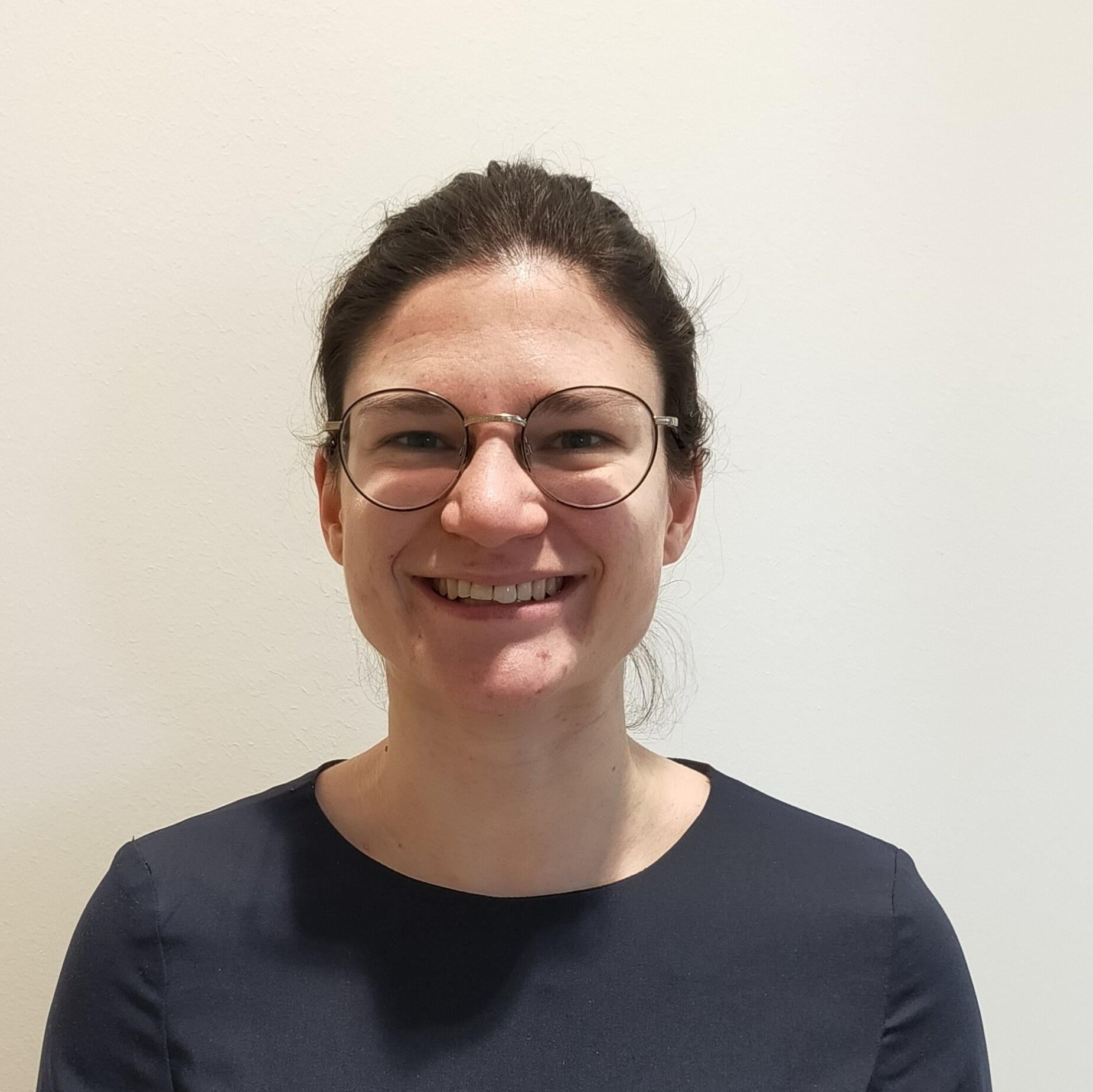
Marlen Lauffer
LUMC
Marlen Lauffer, MD, is a senior researcher at the DCRT. Her main task is to evaluate genetic variants for their eligibility to antisense oligonucleotide therapy, and, together with the DCRT team, design and test bespoke antisense oligonucleotides for the treatment of individuals.
Marlen obtained a medical degree as well as a bachelor’s degree in biochemistry from the Technical University Munich. She then went on to do a master’s degree in Human Molecular Genetics at Imperial College London. Afterwards, she worked in research laboratories at the Erasmus University Medical Center in Rotterdam and the University Medical Center in Cologne. She further received clinical training in medical genetics at the Institute of Human Genetics in Cologne. Marlen has previously studied different genetic disorders, including Pitt-Hopkins syndrome, Duplication 15q syndrome, and spinal muscular atrophy. Besides the use of animal models to study human disease, applying induced pluripotent stem cell technologies, like organs-on-a-chip, to investigate disorders has become a major interest for Marlen in the recent years.
https://www.linkedin.com/in/marlen-lauffer-b71b14160/
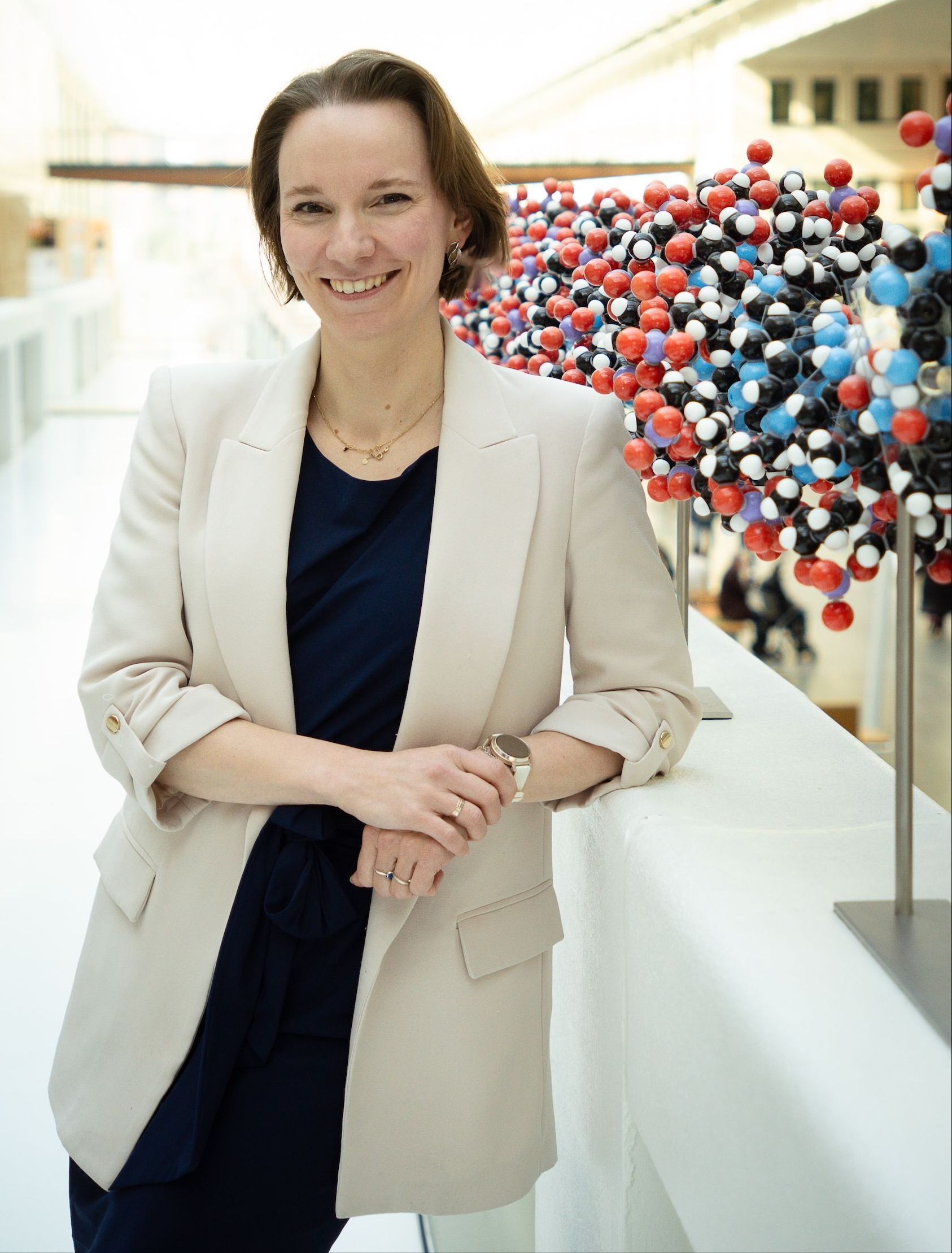
Annelot van Esbroeck - Weevers
ErasmusMC
Annelot van Esbroeck is assistant professor at the ErasmusMC Department of Clinical Genetics in the lab of Ype Elgersma and is part of het ENCORE expertise center for neurodevelopmental disorders. She wants to impact the way we think about drug discovery and stimulate the development of innovative tailored therapies at a fair price within academia.
Academic drug discovery has been a central theme in her academic career. After a BSc and MSc in Life Science & Technology (TU Delft, Leiden University), Annelot embarked on her doctoral journey in the field of molecular physiology (Leiden University), where she explored activity based protein profiling as a versatile chemical biology tool in drug discovery. As assistant professor at the Erasmus MC, Annelot now integrates her expertise in iPSC technology, neurodevelopmental disorders, and academic drug discovery to establish a personalized antisense oligonucleotide (ASO) discovery pipeline for ultra rare monogenic neurodevelopmental disorders. Her approach is agnostic to the exact cellular mechanisms and relies on correcting RNA levels of pathogenic genetic variants. By developing an efficient screening pipeline and versatile models that enable assessment of the therapeutic potential of these ASOs, Annelot aims to bring personalized ASO therapies for rare neurogenetic disorders to the patient.
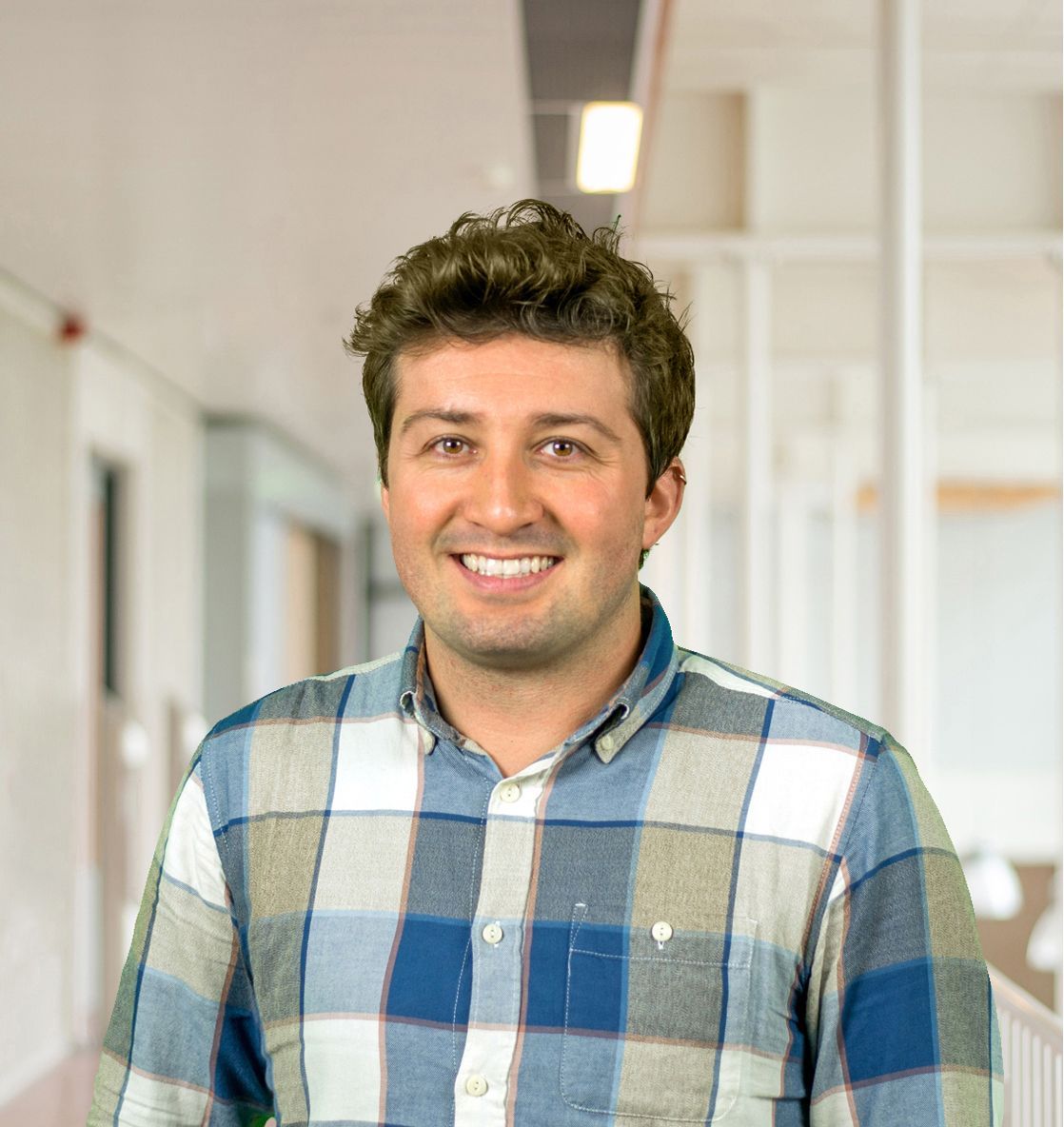
Alex Garanto
Radboudumc
Alex Garanto is an Associated Professor at the Department of Pediatrics and Department of Human Genetics of the Radboud university medical center, Nijmegen, the Netherlands. He leads the group focusing on developing Molecular Therapies for Neurometabolic and Retinal diseases. He conducted his doctoral studies at the Department of Genetics of the University of Barcelona (Barcelona, Spain). His studies focused on the functional study of a gene recurrently mutated in the Spanish individuals suffering from Retinitis Pigmentosa, a subtype of inherited retinal disease. After his doctoral defense he stayed one year as a post-doc elucidating the role and function of ubiquitin and SUMO genes during retinal differentiation. In 2012, he moved to Nijmegen to work on antisense technology to correct splicing defects for inherited retinal diseases as a post-doc in the group of Prof. Rob Collin. Since then he has actively been involved in the pre-clinical research for CEP290, ABCA4 and other retinal and neurometabolic genes. During this time, he also has implemented iPSC-derived models in the pipeline for testing antisense molecules in relevant human-based models.
Dr. Garanto has published over 66 peer-reviewed manuscripts, and received funding from several Dutch Blindness foundations, the Dutch Organisation for Scientific Research (NWO), the EU and the Foundation Fighting Blindness USA. He also was awarded with the Mary Ann Liebert, Inc. publishers Young Investigator Award of the Oligonucleotide Therapeutics Society (OTS), in which he serves as a board member (https://www.oligotherapeutics.org/). He currently chairs the Retina-on-Chip (RoC-ME) consortium awarded by the Human Measurement 2.0 call, and is the vice-chair of the hDMT Eye-on-Chip working group (https://www.hdmt.technology/research/eye-on-chip/). He is one of the founders and board member of the Dutch Antisense Therapeutics Society (www.dutchantisense.org), which organizes an annual symposium to bring together everyone working on antisense technology in the Netherlands. He is also an active member of the Dutch Society for Gene and Cell Therapy, and member of the COST Actions “Delivery of Antisense RNA ThERapeutics (DARTER: https://antisenserna.eu/) and Genome Editing for the treatment of human Disease Network (GenE-HumDi: https://www.genehumdi.eu/). The current work of his research team is dedicated to develop human-based models to understand a variety of retinal and neurometabolic diseases and design novel genetic treatments for these conditions.
https://www.linkedin.com/in/alex-garanto/
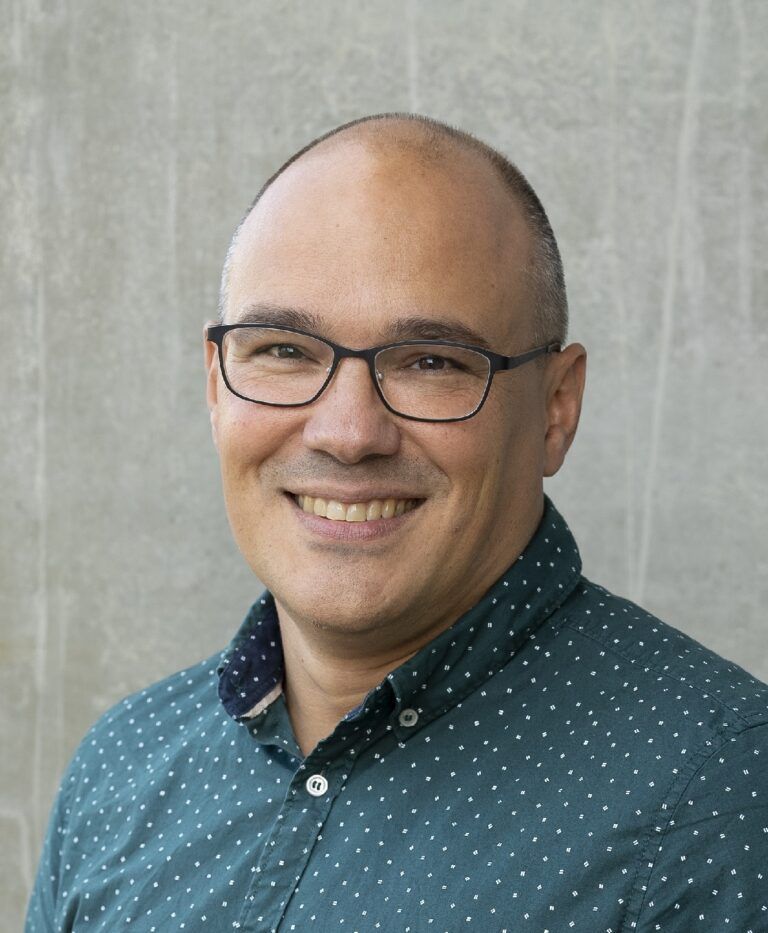
Erwin van Wijk
Radboudumc
Erwin van Wijk is associate professor “Molecular Therapies for Otogenetic Disorders” affiliated to the department of Otorhinolaryngology at Radboudumc Nijmegen (The Netherlands). His research aims to dissect the pathogenic mechanism(s) underlying Usher syndrome and associated inherited disorders using the combination of genomics, proteomics and zebrafish models. Besides that, he is exploring different therapeutic strategies, including microgene augmentation and splicing modulation, to develop a genetic therapy for Usher syndrome-associated disease, employing a combination of zebrafish models and 3D patient-derived organoid models for evaluating therapeutic efficacy. Ultevursen, a splicing modulating molecule developed in collaboration with ProQR Therapeutics, is most advanced and is currently being evaluated in a multicenter phase 3 clinical trial by SepulBio (Thea Laboratoires). Since 2023 he also has a parttime affiliation with Astherna BV, a Radboudumc start-up company that aims to develop RNA therapies for inherited retinal disorders such as Stargardt Disease and Usher syndrome. Furthermore he initiated a research line to develop an RNA-based genetic therapy for the future treatment of the two most common types of severely progressive, autosomal dominant hearing loss in the Netherlands (DFNA9 & DFNA21).
DCRT research technicians
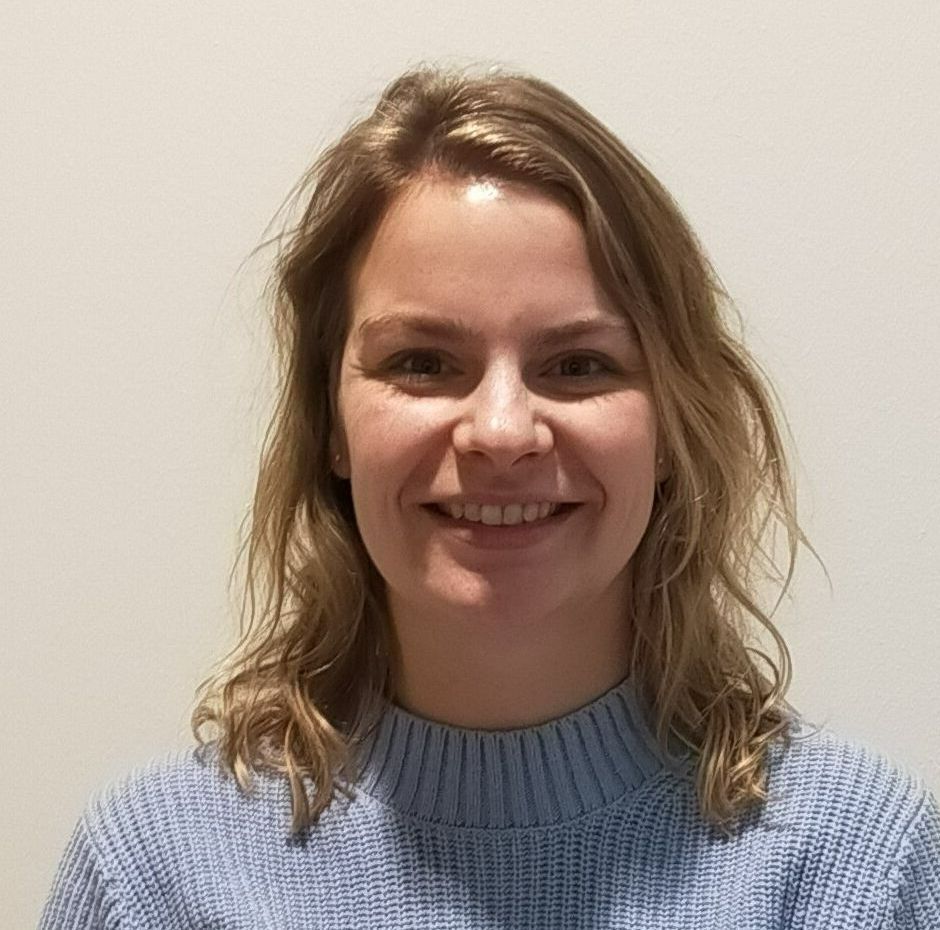
Anouk Spruit
LUMC
Anouk Spruit, is a research technician at the DCRT. She is involved in the in-vitro selection and toxicology studies of the DCRT designed oligonucleotide therapies. Anouk obtained her bachelor molecular biology degree at the Hogeschool Leiden. she started her career at Jansen Vaccines but quite quickly moved back to the LUMC. The project focused on RNA therapy against BK and JC polyomavirus and later on expanded to SARS_CoV_2 virus. The gained skills within the oligonucleotide field and her hands on experience will benefit the DCRT.
https://www.linkedin.com/in/anouk-spruit-04b9328b/
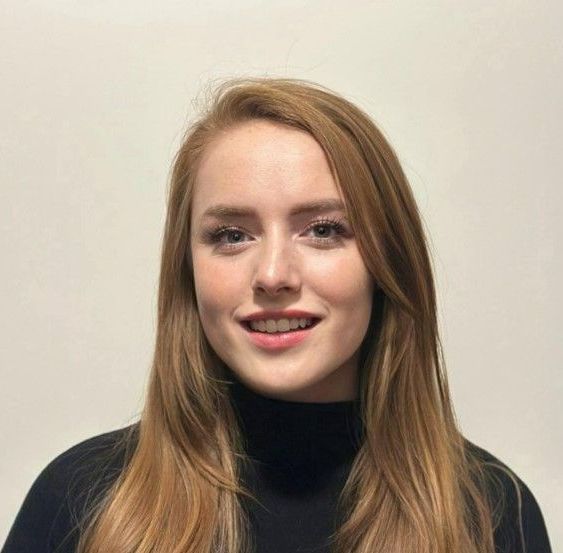
Leony Fenwick
Radboudumc
Leony Fenwick is a lab technician at the Department of Human Genetics of the RadboudUMC, working under the supervision of prof. dr. Rob Collin and dr. Erwin van Wijk. She is currently involved in a N-of-1 project, focusing on four unique cases of inherited retinal disease, each caused harboring a distinct deep-intronic mutation. Their goal is to develop targeted anti-sense oligonucleotide (ASO) therapies for these specific mutations, aiming to restore proper gene expression. This project not only holds the potential to provide therapeutic options for these patients but also contributes to the growing field of personalized medicine in genetic diseases.
Leony's ambition is to further explore the therapeutic potential of ASOs and other gene therapies, particularly for rare genetic disorders. She is eager to contribute to the development of personalized medicine, to help patients with previously untreatable conditions.
DCRT PhD students
Bianca Zardetto
LUMC
Bianca Zardetto is a PhD student at the DCRT. Her project aims at developing personalized antisense oligonucleotide therapies for rare neurodevelopmental disorders (NDDs). Additionally, her goal is to establish a standardised neuronal human induced pluripotent stem cell (hiPSC)-derived platform to investigate the pathology of NDDs and facilitate treatment development.
Bianca obtained a Bachelor’s degree in Molecular Biology and a Master’s degree in Medical Biotechnologies from the University of Padua. For her final year internship, she worked on the functional characterisation of novel variants in intellectual disability-associated genes. She conducted her thesis work at the Institute of Medical Genetics and Applied Genomics in Tübingen, where she continued assisting the Intellectual Disability group after her studies. Bianca also worked at uniQure in Amsterdam, gaining experience in AAV technology for gene therapy.
https://www.linkedin.com/in/bianca-zardetto-9444941b1/
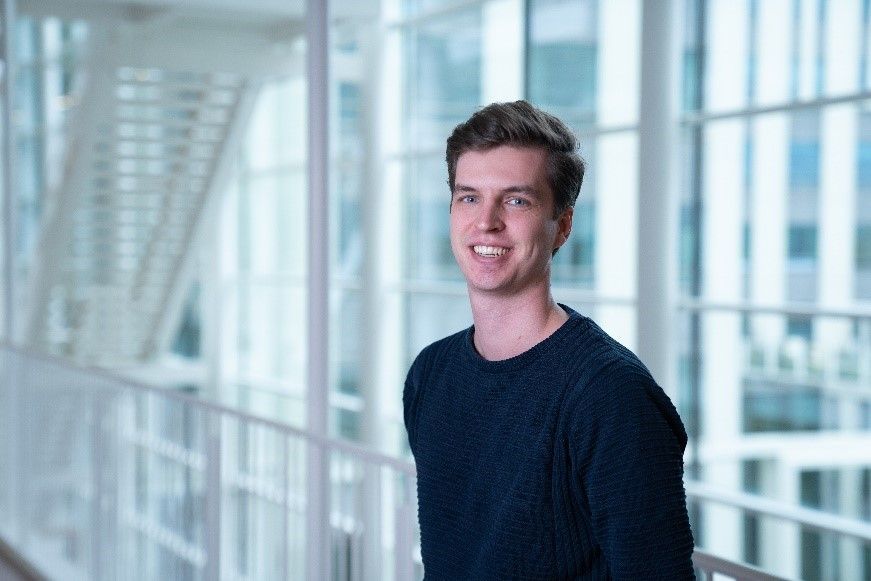
Edwin van Oosten
Radboudumc
Edwin van Oosten is a PhD candidate in the Collin-Garanto group at the Radboudumc in Nijmegen. His research focusses on advancing iPSC-derived cell models for inherited retinal diseases. He is involved in a collaboration with the DCRT, where he is developing an antisense oligonucleotide therapy for an ultrarare variant in Stargardt disease.
Edwin obtained his bachelor in pharmaceutical sciences after which he continued with a master’s degree in Neuroscience and Cognition, both at the Utrecht University. After graduation, Edwin worked as a research associate at HUB Organoids , before starting his PhD-track at the Radboudumc.
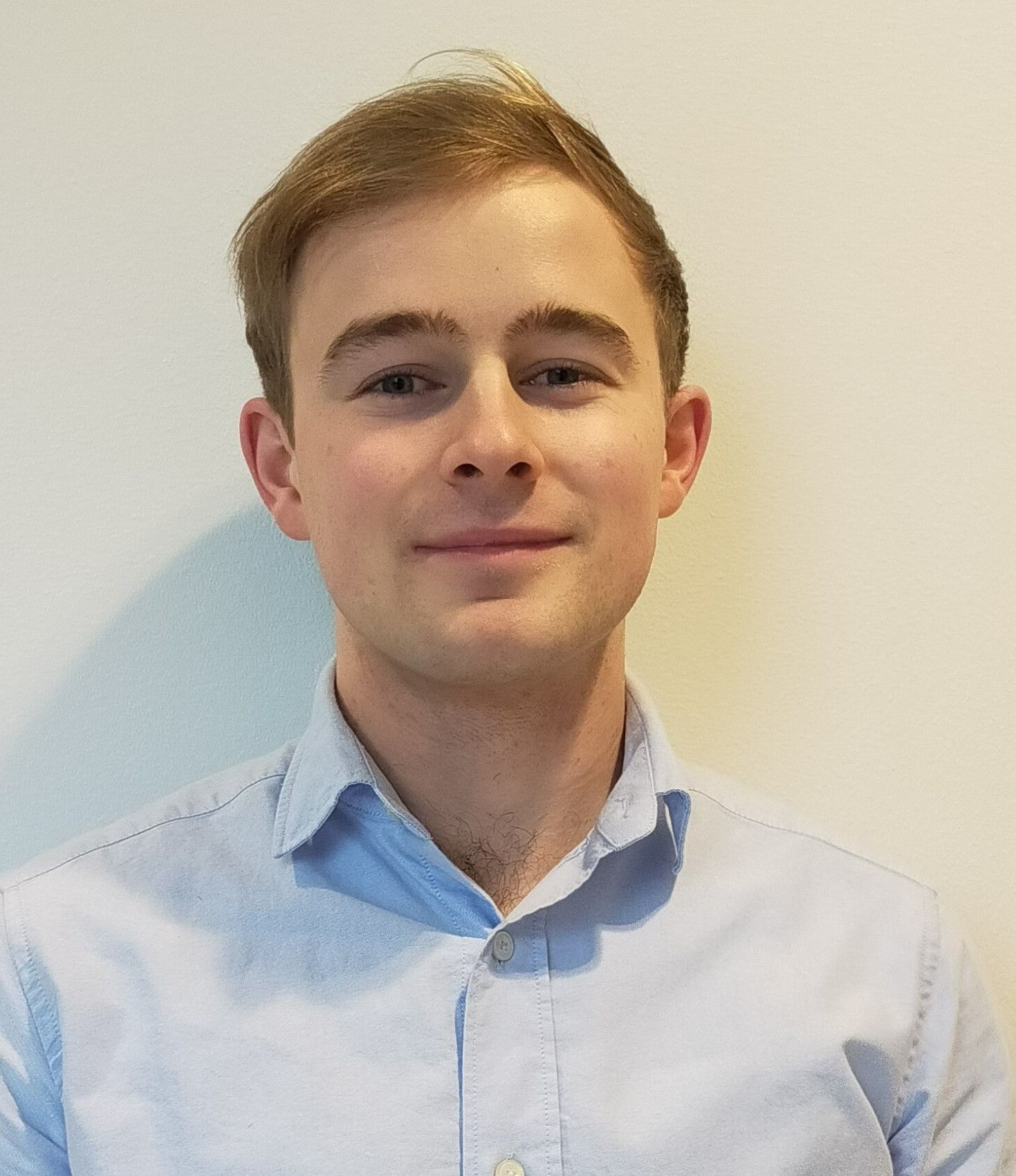
Jack Morgan
LUMC
Jack Morgan is a PhD candidate at the DCRT. His project aims to develop personalized antisense oligonucleotides (ASOs) for ultra-rare neurological disorders. Jack obtained a Bachelor’s degree in Biology at the University of Sussex before obtaining a Master’s degree in Human Molecular Genetics at Imperial College London where he found his passion for genetic therapies. As part of his Bachelor’s degree, he completed a year abroad studying Molecular Biology at Seoul National University. For his Master’s thesis, he investigated the effects of targeted brain delivery of PGC-1α in advanced stage mouse models of Alzheimer’s disease. Jack also completed an internship at DongSung Bio Pharm investigating novel treatments for pancreatic cancer. Continuing in academia, Jack aims to contribute further to the field of personalized genetic therapeutics as a member of the DCRT.
https://www.linkedin.com/in/jack-t-morgan
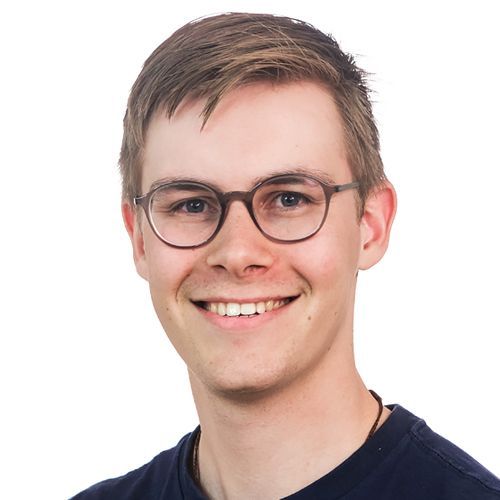
Emilio Harris-Mostert
ErasmusMC
Emilio is a PhD student in the group of Ype Elgersma at the Clinical Genetics department of the Erasmus MC in Rotterdam. His work focusses on the development of antisense oligonucleotide treatment for rare neurodevelopmental disorders, with a special interest in allele-selective gapmers. Emilio has a bachelor’s degree in Life Science & Technology from Leiden University and the TU Delft, and a master’s degree in Neuroscience from Erasmus University in Rotterdam.
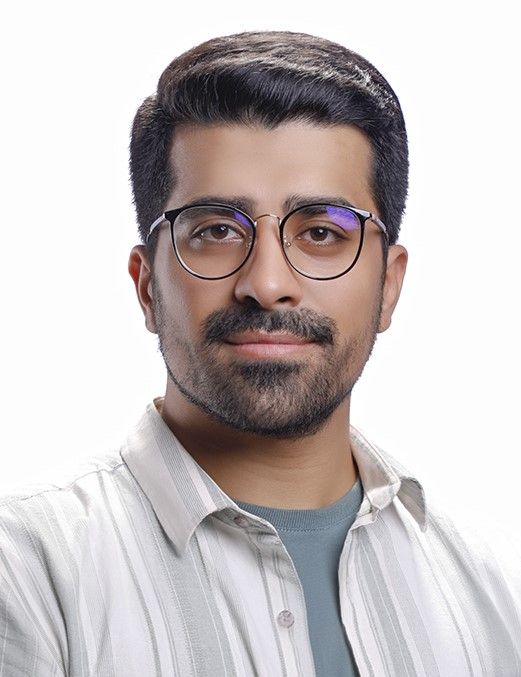
Hossein D. Banadaki
Radboudumc
Hossein D. Banadaki is a PhD candidate in the EU MSCA ProgRet program at RadboudUMC. His research focuses on Central areolar choroidal dystrophy (CACD), a genetic retinal disorder caused by mutations in the PRPH2 gene. Under the supervision of Prof. Rob Collin and Dr. Alex Garanto, he is developing and functionally testing antisense oligonucleotides (ASOs) to specifically target and degrade mutant transcripts, with the goal of restoring healthy function in affected photoreceptors. His ambition is to advance precision medicine by developing tailored therapies for patients with inherited retinal diseases.
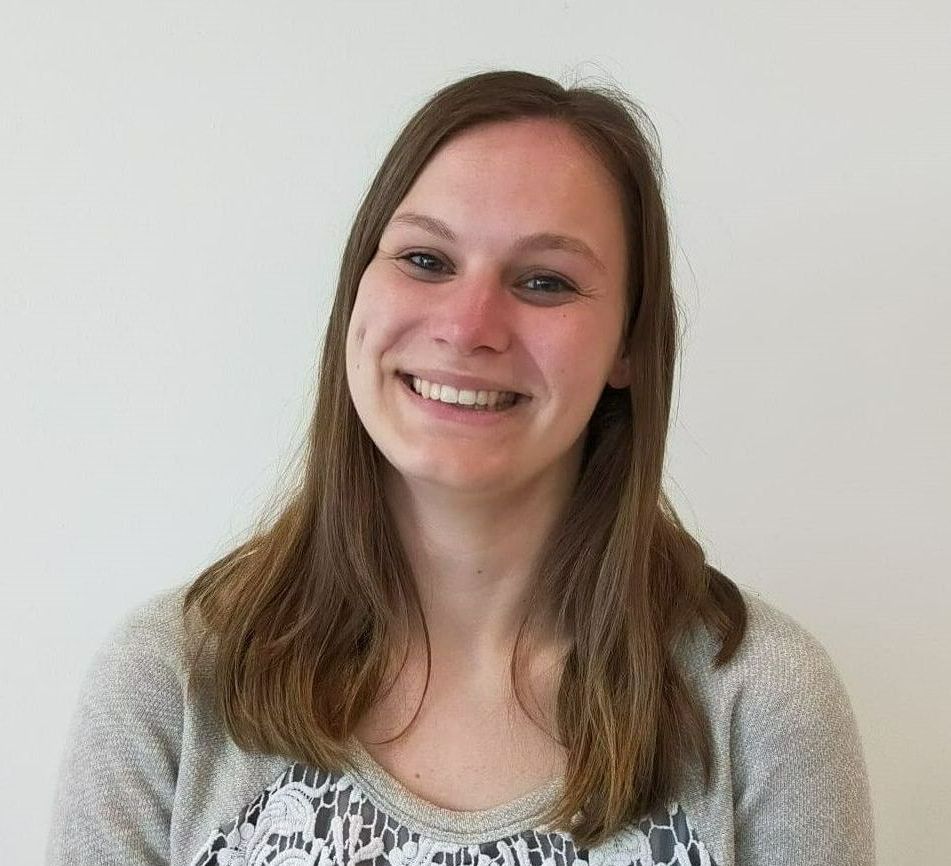
Laurie Kerkhof
LUMC
Laurie Kerkhof is a PhD student at the DCRT as part of the TAILORED-PSIDER consortium. Her project is mainly about the development of RNA therapeutics using standardized 2D and 3D human induced pluripotent stem cell models for a rare neurodegenerative disease called spinal cerebellar ataxia type 1.
Laurie obtained a bachelor Biomedical Sciences, after which she continued with a masters in Neuroscience and Cognition at Utrecht University. After her studies, Laurie worked at Charles River Laboratories in Leiden where she gained some experience with RNA therapies for Huntington’s disease. After a year, she decided to return to academia and started her PhD in the LUMC where she hopes to be able to contribute to the development of new therapeutics for spinal cerebellar ataxia type 1 and other rare diseases.
https://www.linkedin.com/in/laurie-kerkhof/
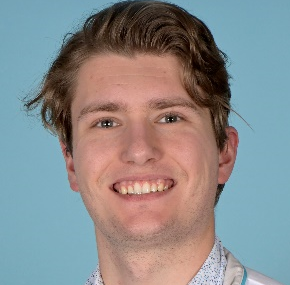
Jeroen Pas
Radboudumc
Jeroen Pas is a PhD student at the Radboud University Medical Center. His project is about designing a clinical trial for Stargardt disease, based on both retrospective and prospective natural history studies. Jeroen obtained a bachelor and master degree in Medicine at the Radboud University in Nijmegen. After his study, he started his current PhD project on Stargardt Disease.
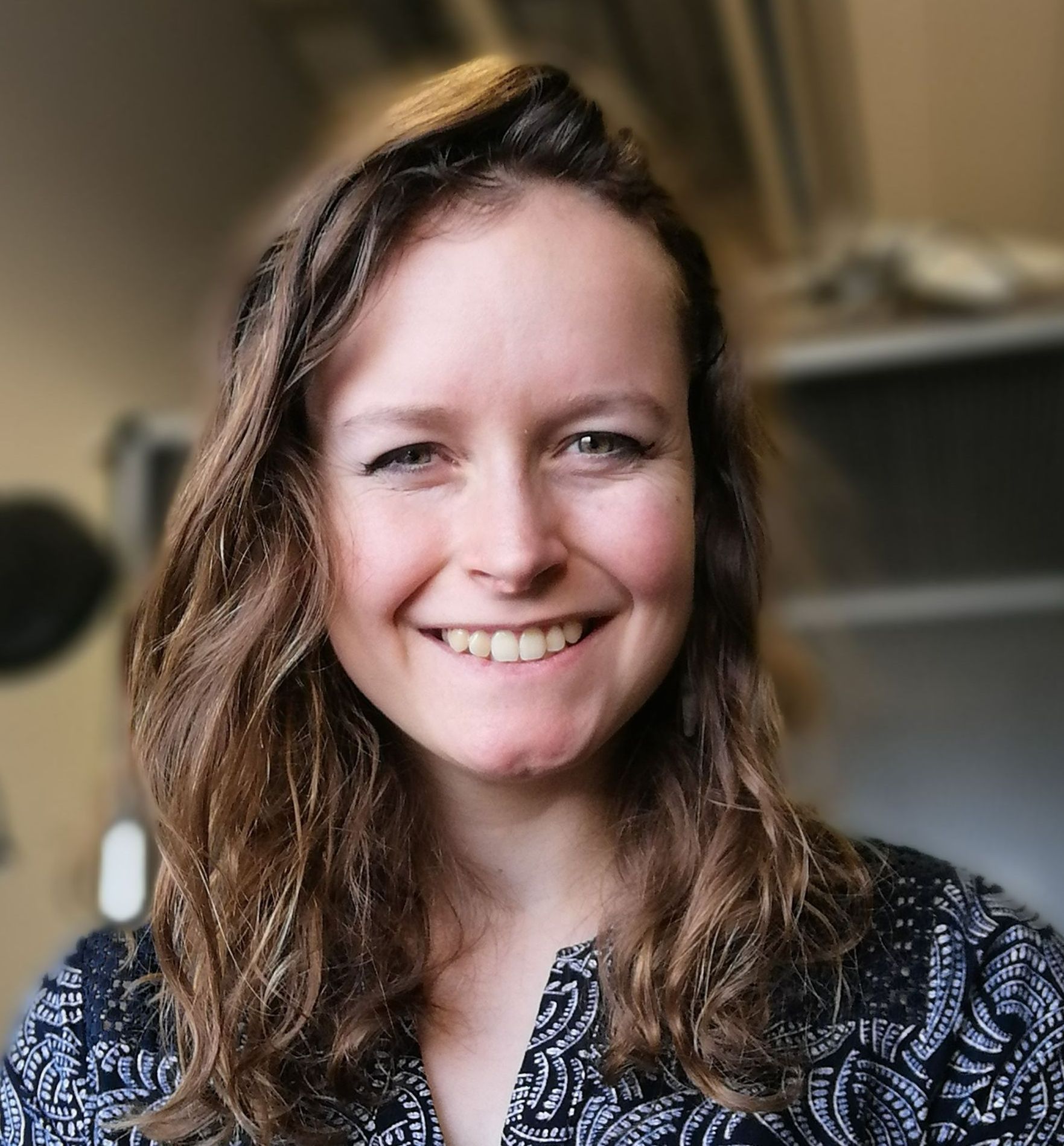
Nadine Maas
ErasmusMC
Nadine is a PhD student at the ErasmusMC, department of Clinical Genetics, and part of ENCORE. The focus of her work is on modelling rare neurodevelopmental disorders with human induced pluripotent stem cells (iPSCs). With these iPSCs, they can develop neuronal networks that are characterized via electrophysiology and assess the effect of antisense oligonucleotides.
She obtained my bachelor's and master's degree in Biomedical Sciences at the Radboud University, Nijmegen. During her master's she specialized towards neuroscience and worked with iPSCs to model both neuronal networks and astrocytes in rare disease. After graduation, she continued this work as a general researcher at the department of Clinical genetics. A year later, she started her PhD with the aim to uncover more about the contribution of neurons and astrocytes in rare neurodevelopmental disorders, specifically those in which epilepsy is involved.
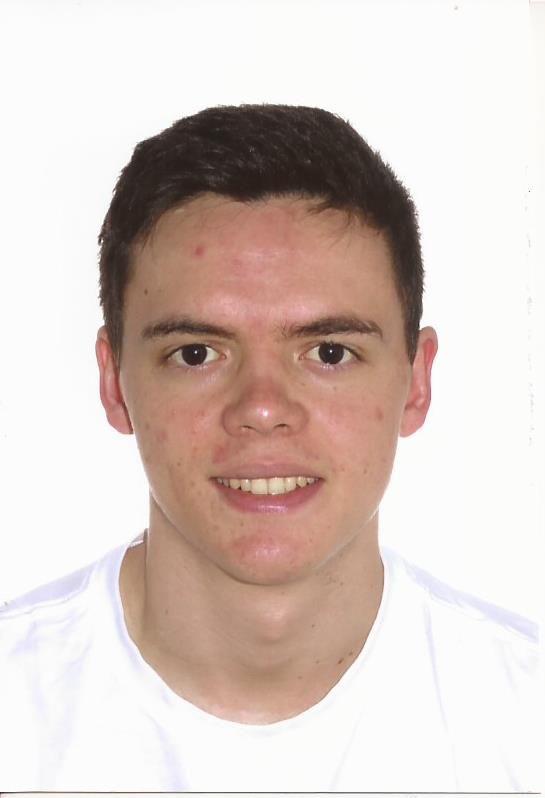
Raúl Andrés Santamaria
LUMC
Raúl Andrés Santamaría is a PhD student at the Central Animal Facility and the DCRT and is involved in the MMM Medicine Made to Measure network. His research focuses on developing an animal model sensitive to antisense oligonucleotides toxic effects in the brain. Raúl obtained a Bachelor’s degree in Biochemistry at the Autonomous University of Madrid, where he did an internship studying the effect of silver nanoparticle adjuvants on influenza vaccines. Then, he completed the International Master in Neurodegenerative Diseases at Sorbonne University. For his Master’s thesis, he investigated the molecular profile of extracellular vesicles isolated from Alzheimer’s Disease brains. Raúl’s current goal is to integrate his skills in neuroscience and biochemistry to advance the field of personalized treatments for ultra-rare genetic disorders.
www.linkedin.com/in/raul-andres-santamaria-06b595281
DCRT project manager and DCRT scientific programmer
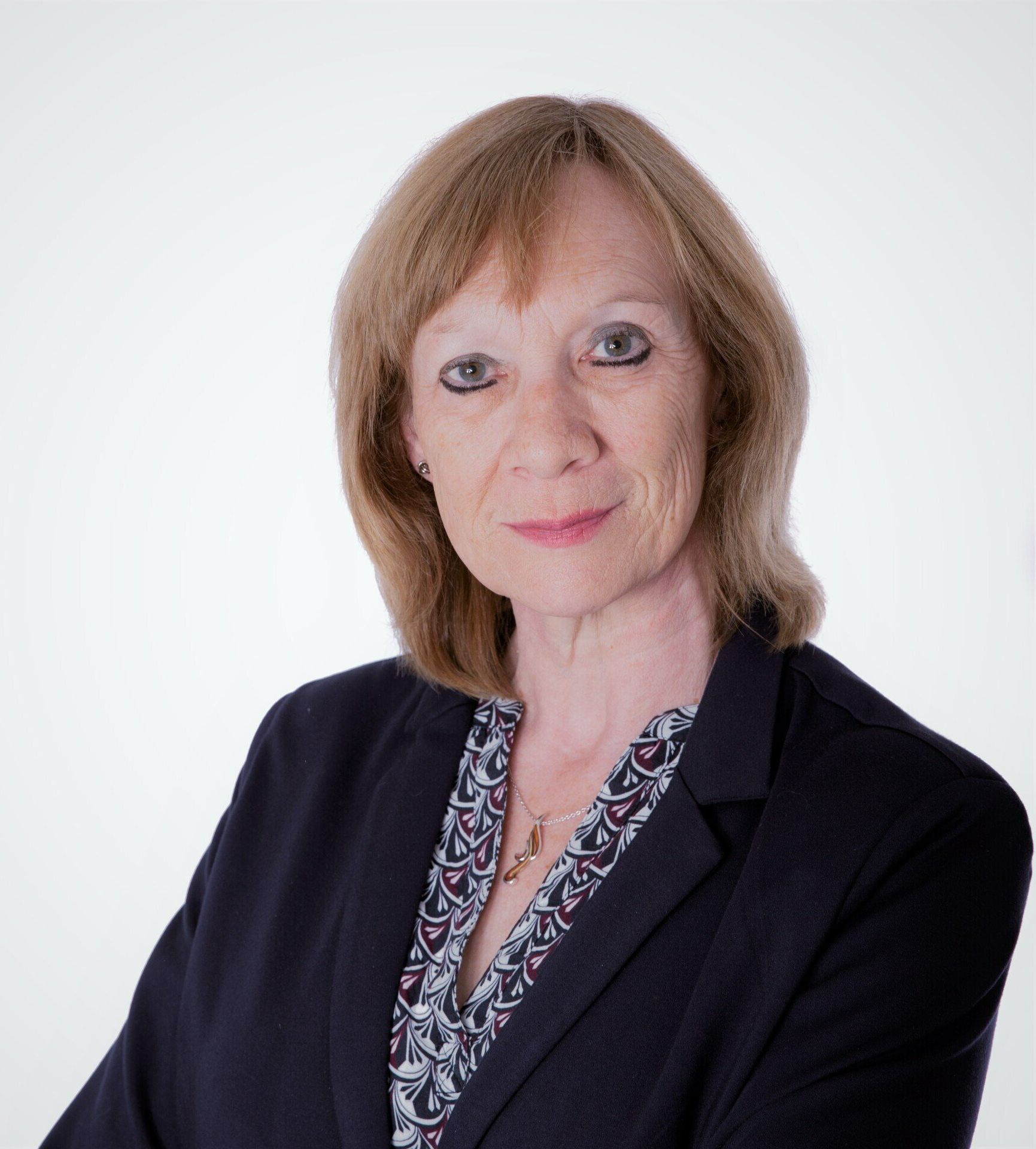
Pauline de Graaf
Project manager at DCRT
Pauline de Graaf is project manager for the Dutch Center for RNA Therapeutics at the Human Genetics department of Leiden University Medical Center. She is responsible for DCRT communication and for the organization of DCRT meetings and conferences. Pauline completed her Master’s degree in English language and literature at Leiden University. She developed an interest in research support and, in 2006, she started her career at the LUMC as project assistant for a large, international consortium on rare tumors of bone. After the project ended, Pauline moved to the directorate of research policy where she became head of the LUMC graduate school office and PhD student-related communication. Her current aim is to contribute to the success of the DCRT and its therapy for the patients.
https://www.linkedin.com/in/team-dcrt-06094523b/
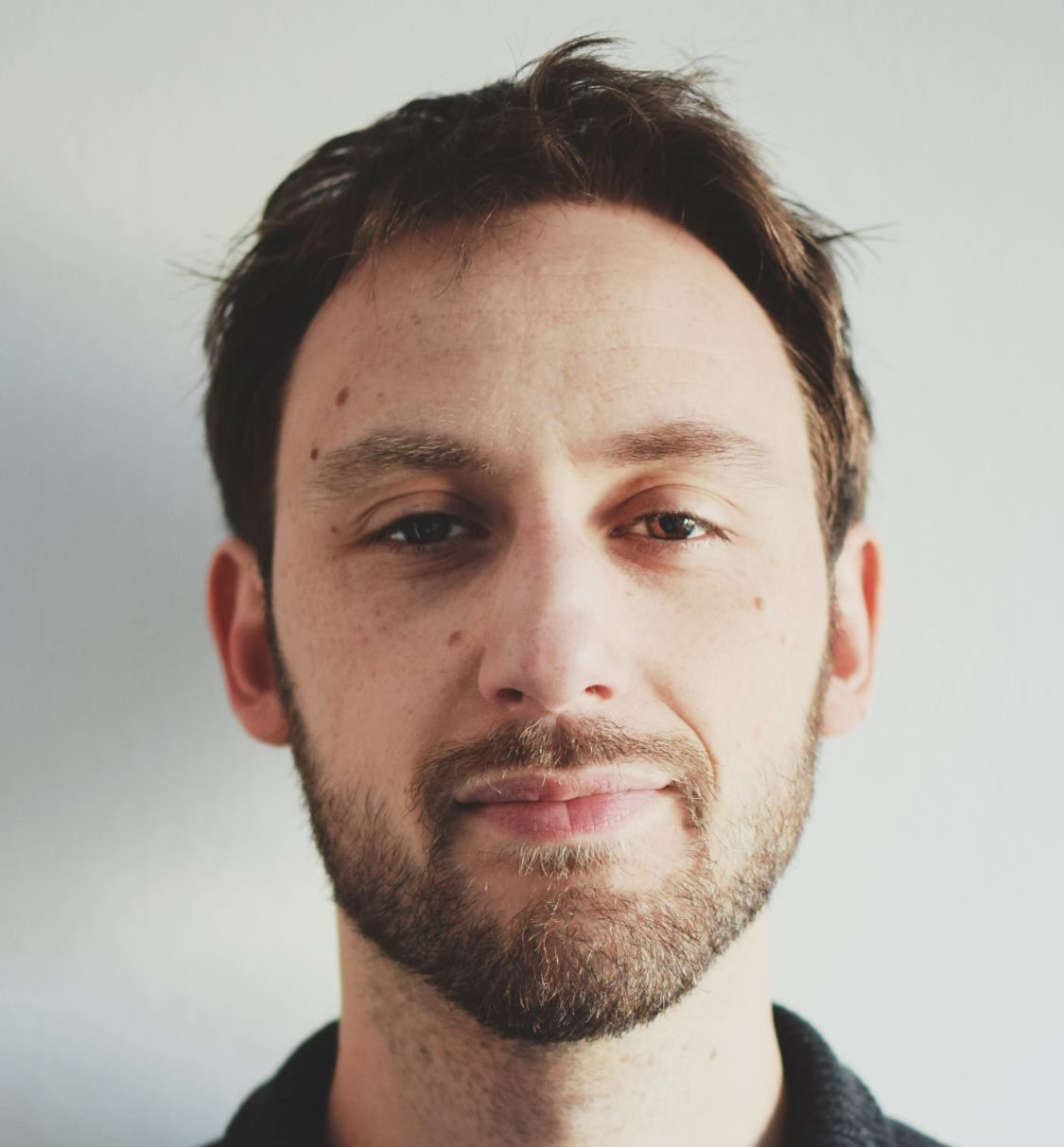
Redmar van den Berg
Scientific programmer at DCRT
Redmar van den Berg is a scientific programmer at the DCRT. He is working on a four year project to develop a tool to predict the effect of mutations on a given protein, and propose possible therapies. Redmar obtained a Master degree in Molecular and Cellular Life Sciences at Utrecht University, with a specialization in bioinformatics. The next 4 years, he worked at the Dutch food safety authority (NVWA), implementing sequencing based analysis of food borne pathogens. This included both outbreak tracing and molecular typing of pathogens, for example by identifying antibiotic resistance genes. He joined the LUMC four years ago, supporting the clinical genetics department, and working on various research projects. He currently splits his time between the DCRT and the Hematology department, where he works on acute leukemia.
https://github.com/Redmar-van-den-Berg
• DCRT financial structure
DCRT is made possible by seed funding from the Human Genetics department of Leiden University Medical Center and annual contributions by DCRT partners LUMC, Radboudumc and ErasmusMC. It is non-profit making and is led by Prof. Willeke van Roon-Mom and Prof. Annemieke Aartsma-Rus (LUMC) Prof. Rob Collin from Radboud University Medical Center and Prof. Ype Elgersma from Erasmus Medical Center.
